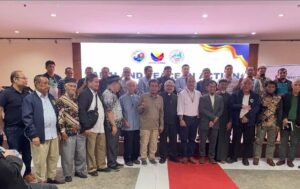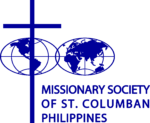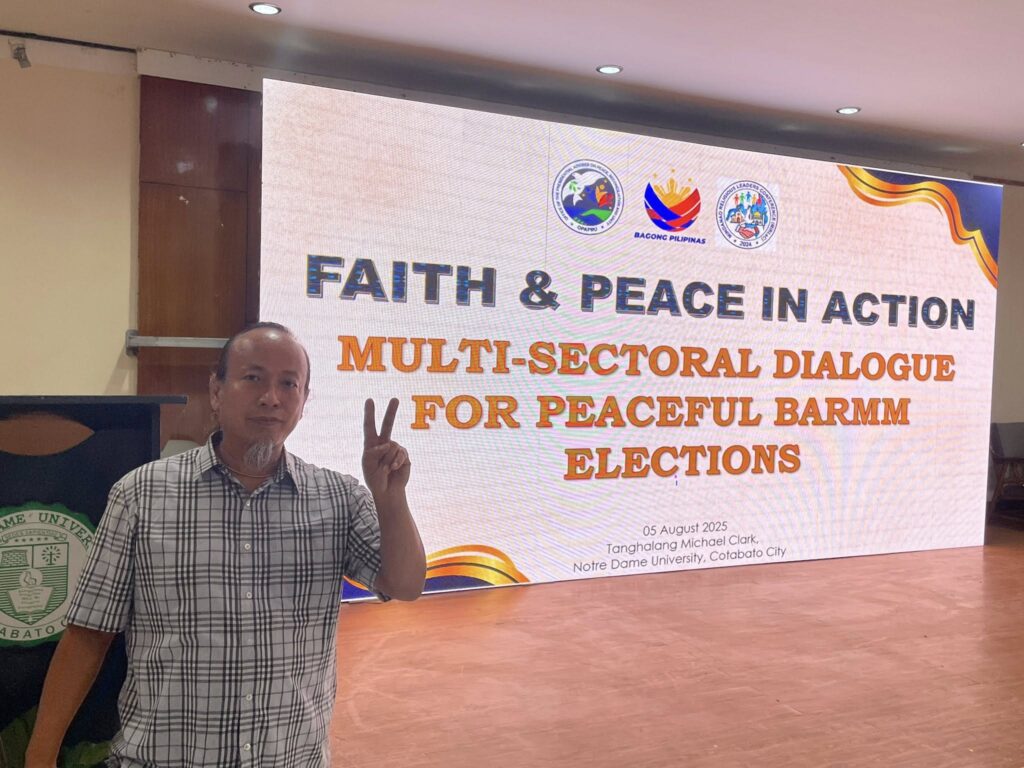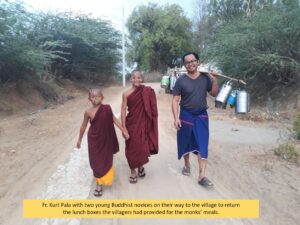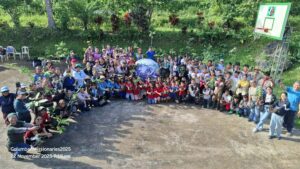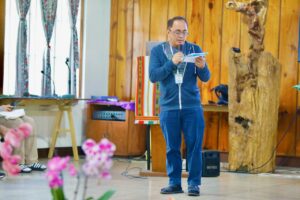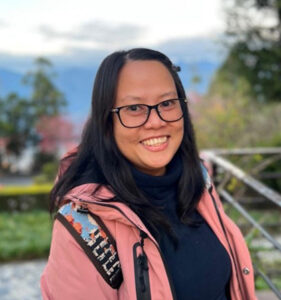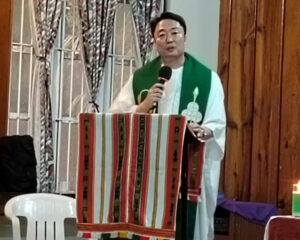By Fr. Rex Rocamora, SSC
The MiRLeC (Mindanao Religious Leaders Conference) multi-sectoral dialogue held on August 5, 2025, at Notre Dame University, Cotabato City, carried the theme “Faith and Peace in Action, A Multi-sectoral Dialogue for Peaceful BARMM Elections.” More than just a gathering of leaders, it became a moment of shared introspection and a blueprint for building a just electoral future in the Bangsamoro Autonomous Region in Muslim Mindanao (BARMM). The real challenge now lies in transforming the day’s powerful insights into concrete actions that can help secure peaceful and credible elections. The path forward, illuminated by the diverse voices at the event, demands a strategic application of moral, spiritual, and community-based solutions.
The primary task ahead is to empower voters and address the systemic issues of vote buying, corruption, and political violence. A representative from the Ulama Supreme Council highlighted that many young voters lack the understanding about the parliamentary system, making them vulnerable to manipulation. The solution, therefore, lies in proactive and widespread voter education.
The two khutbas (sermons) mentioned at the dialogue—”Democratic Politics: The Context of Islam and Bangsamoro” and “Parliamentary System of Governance in the Context of Islam and Bangsamoro”—offer valuable materials for religious leaders to educate their congregations on the moral and Islamic principles of good governance. These can serve as a powerful counter-narrative to political influence and as practical tools for imams and asatidz. Dr. Mohammad Nadzir Ebil, General Secretary of the Hay-ato Ulama and MiRLeC’s vice-chairperson, echoed this sentiment, emphasizing that building trust in the electoral system is paramount and can only be achieved through a collective commitment to ethical principles.
Religious leaders, regardless of their faith tradition, are uniquely positioned to lead this change. Bishop Edwin A. de la Peña, Board Chair of MiRLeC and CBCP-ECID (Episcopal Commission on Interreligious Dialogue), urged religious groups to organize political forums – a practical approach to allow leaders to scrutinize and directly engage with political aspirants, holding them accountable to a higher moral standards even before election day. Similarly, the Bangsamoro Darul Ifta’s issuance of a fatwa, outlining Quran-based criteria for selecting worthy and deserving candidates provides a clear and principled guide that can be used to inform voters and discourage vote buying.
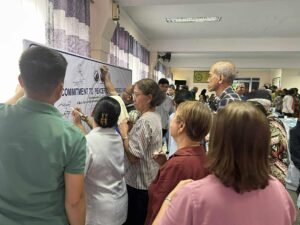
The dialogue also highlighted the critical role of moral leadership. Reverend May C. Casada, EDD, shared that the ordination of women stands as proof that a principled approach, combined with persistent dialogue, can lead to transformative change. This same perseverance is likewise required of the next generation of BARMM leaders. Reverend Father Clifford L. Baira, DCC, reminded the assembly that active participation in the democratic process is a form of stewardship. Bishop Ernie Martin Moral, EDSP, deepened this call urging leaders and citizens alike to be a “light of the world” – not as a passive request, but as a mandate to uphold a culture of peace and justice. Bishop Mark Francis Dimerin of the Philippine Council of Evangelical Churches (PCEC) affirmed this, stressing that faith-based organizations must be at the forefront of this moral campaign, not as political players, but as moral compasses.
A central theme of the dialogue, reinforced by a video message from Cardinal Orlando Quevedo, was the urgent need to include marginalized sectors. He called for the active participation of youth, women, and indigenous peoples in the electoral process, ensuring their voices are heard and their concerns addressed. This call aligns perfectly with the theme of Mindanao Week of Peace 2025, “Multi-faith in Families and Youth: Hand-in-hand for Peace, Harmony, and Justice in Our Homeland,” which encourages families to be active participants in building peace, with the youth at the forefront. Ustadz Prof. Ibrahim “Abu Tayyib” Bagumbun, representing the office of Atty. Hamid Aminoddin D. Barra, further stressed the importance of maintaining strong family structures and ensuring the proper upbringing of children. He urged Muslim voters to prioritize core Islamic values of justice, accountability, and compassion in making their choices at the polls
Finally, the dialogue itself provided the clearest and most potent example of how peace can be built: through unity. Secretary Carlito G. Galvez Jr. from OPAPRU (Office of the Presidential Adviser on Peace, Reconciliation, and Unity), praised the interfaith and multi-sectoral nature of the event and underscored the importance of anchoring preparations on shared moral values. The symbolic signing of a commitment banner by youth, women, and indigenous peoples stood as a powerful testament to this collective responsibility―a moment where the “voice of the people” can truly become the “voice of God,” laying the firm foundation for a just, prosperous and harmonious Bangsamoro.
